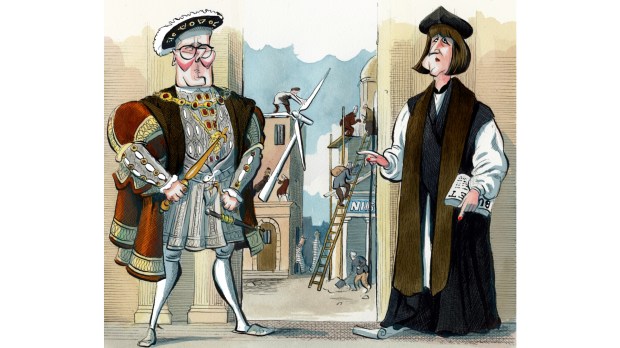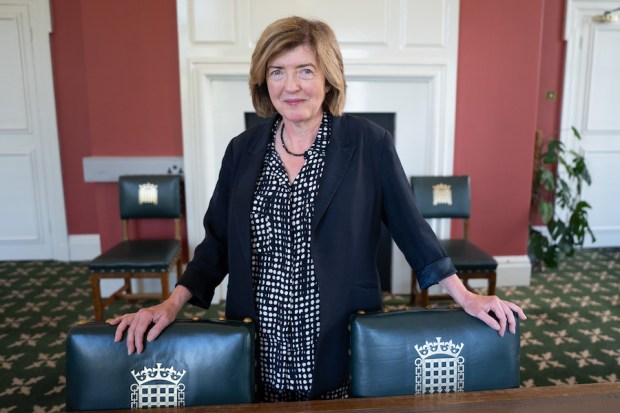Listen to Melanie Phillips and Jesse Norman discuss Paul Flowers:
[audioboo url=”https://audioboo.fm/boos/1746120-melanie-phillips-vs-jesse-norman-on-revd-paul-flowers”/]
Yet again, one particular question has formed on lips up and down the land. How in heaven’s name could so many people have failed to spot such a spectacular abuse of a public position?
We heard it first in the Jimmy Savile scandal, when the posthumous discovery of half a century of predation left people incredulous that so many had known about but done nothing to stop his serial depravities.
Already a subscriber? Log in
Subscribe for just $2 a week
Try a month of The Spectator Australia absolutely free and without commitment. Not only that but – if you choose to continue – you’ll pay just $2 a week for your first year.
- Unlimited access to spectator.com.au and app
- The weekly edition on the Spectator Australia app
- Spectator podcasts and newsletters
- Full access to spectator.co.uk
Unlock this article
Melanie Phillips recently published an autobiography, Guardian Angel, through her new publishing venture, emBooks.
You might disagree with half of it, but you’ll enjoy reading all of it. Try your first month for free, then just $2 a week for the remainder of your first year.












Comments
Don't miss out
Join the conversation with other Spectator Australia readers. Subscribe to leave a comment.
SUBSCRIBEAlready a subscriber? Log in